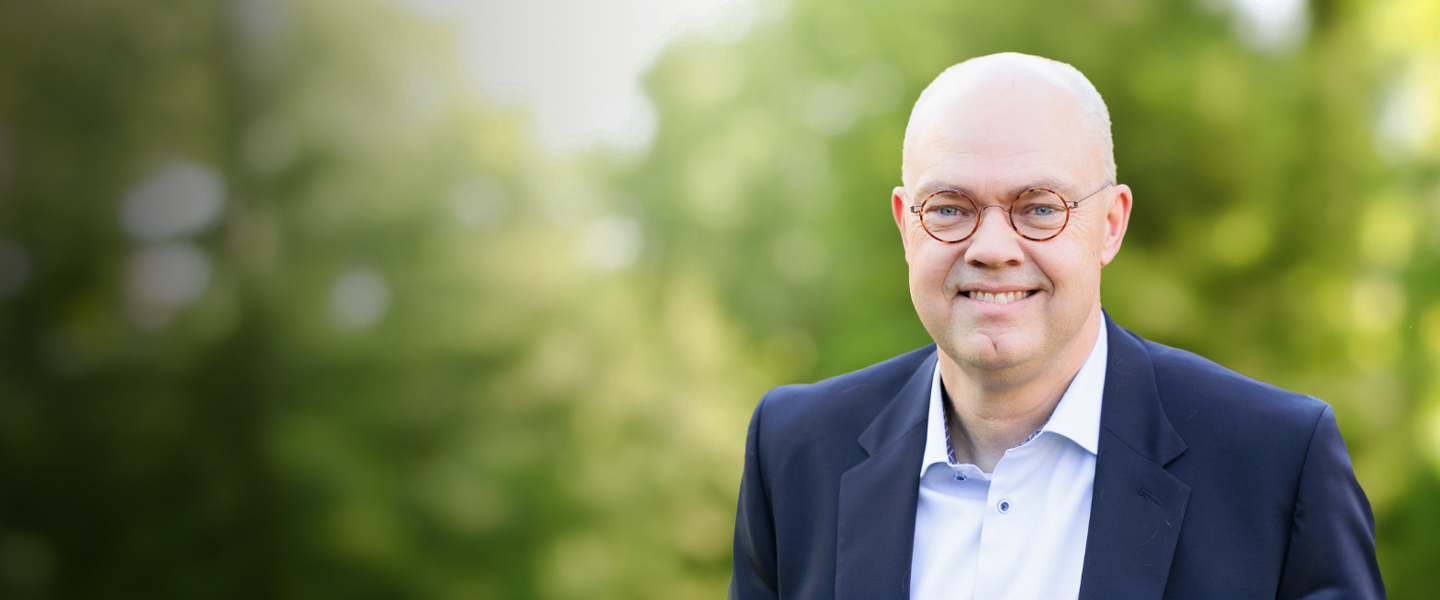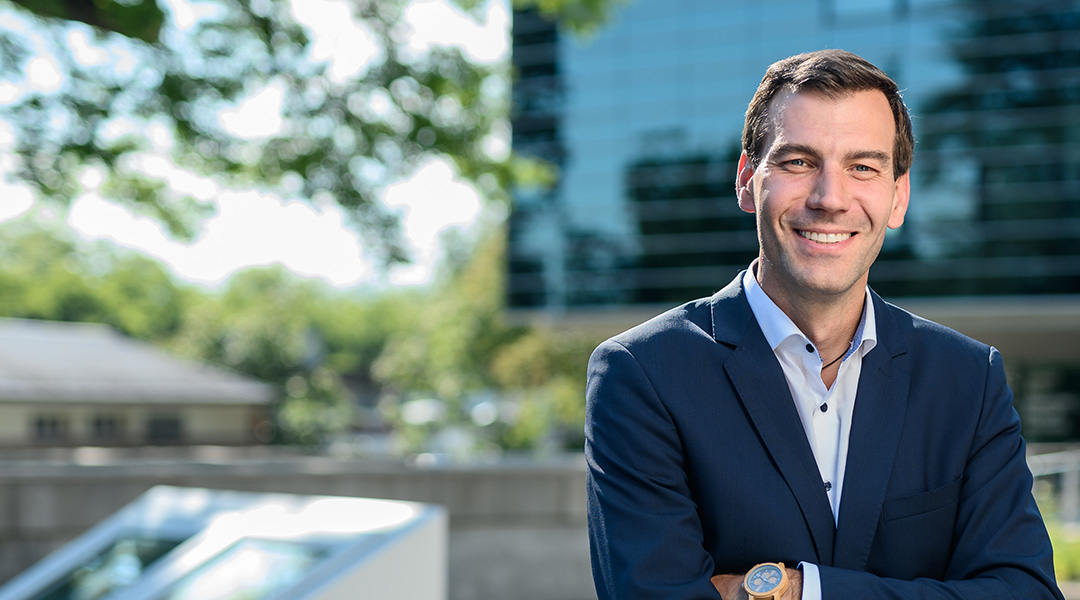Grundfos (B): “Solved in a better way”
Without much family discussion, PDJ put majority ownership of Grundfos into the Poul Due Jensen Foundation in 1975. His family would receive a 15% stake in the company. This ownership stake was important, since by Danish law, the company could be sold if family ownership fell below 10%. The 8-member foundation board would oversee the company’s long-term strategy and apply its Grundfos dividends to philanthropic pursuits – water, research and social inclusion. The Due Jensen family held 4 seats; the remaining board members were chosen for their expertise. Day-to-day operations at Grundfos lay with its corporate board. PDJ died soon after this, and Niels became CEO of Grundfos. He focused on innovation, technical excellence and new product development. In 2012 Danish law changed its governance approach. The foundation board expanded to 12 members to accommodate 4 employee representatives, and the family’s voting block fell from one-half to one-third. After 2nd generation Niels retired as CEO in 2003, three non-family CEOs held the role. Niels’ son, Poul, was chosen as CEO in 2020. Grundfos had become the world leader in water pump technology, with a large workforce, a presence in 59 countries and significant revenues. Increasingly, the company leveraged the life-saving impact of its products, and its humanitarian efforts were widely recognized. Over time, family members seeking liquidity sold shares to the foundation, bringing the family’s ownership stake in Grundfos to under 10% and raising the possibility of a sale. Individual stakes now ranged from 0.15% to 3.96%. The 4th generation of this small family had fewer interactions with Grundfos than previous generations. There were internships, special projects and participation in company events, but no pressure to work there. Grundfos has grown beyond what many may consider a family business and ownership is mainly with the foundation. But its focus on building a healthy and sustainable business is still rooted in its founder’s values.
- Does this change the nature of the business? Is it still a family business?
- Pros and cons of bringing a family member back into the leadership of the business.
- Discussion of the future role of the family as ownership further diminishes
Grundfos, Services, Water Supply and Sanitary Services
Foundation until today
Cranfield University
Wharley End Beds MK43 0JR, UK
Tel +44 (0)1234 750903
Email [email protected]
Harvard Business School Publishing
60 Harvard Way, Boston MA 02163, USA
Tel (800) 545-7685 Tel (617)-783-7600
Fax (617) 783-7666
Email [email protected]
NUCB Business School
1-3-1 Nishiki Naka
Nagoya Aichi, Japan 460-0003
Tel +81 52 20 38 111
Email [email protected]
IMD retains all proprietary interests in its case studies and notes. Without prior written permission, IMD cases and notes may not be reproduced, used, translated, included in books or other publications, distributed in any form or by any means, stored in a database or in other retrieval systems. For additional copyright information related to case studies, please contact Case Services.
Research Information & Knowledge Hub for additional information on IMD publications
The B case outlines how, by early 2025, Isabella Phoenix's initial vision for HP's Amplify Impact sustainability program had grown into a global initiative involving 4,800 partners in 48 countries. The program surpassed its goals, enrolling 59 of ...
The A case in this two-part series outlines the challenges Isabella Phoenix faced in designing a global sustainability program for HP's vast network of channel partners in just 12 weeks with only one team member and limited resources. The initiati...
In today’s boardrooms, two themes dominate: rapid technological advancement and the growing urgency of environmental accountability. But a new source of competitive advantage is emerging, not from A.I. or sustainability alone, but from the deliber...
in I by IMD
Research Information & Knowledge Hub for additional information on IMD publications
Research Information & Knowledge Hub for additional information on IMD publications
Case reference: IMD-2681 ©2025
Research Information & Knowledge Hub for additional information on IMD publications
in I by IMD
Research Information & Knowledge Hub for additional information on IMD publications
Research Information & Knowledge Hub for additional information on IMD publications
Research Information & Knowledge Hub for additional information on IMD publications
Research Information & Knowledge Hub for additional information on IMD publications
Research Information & Knowledge Hub for additional information on IMD publications
in I by IMD
Research Information & Knowledge Hub for additional information on IMD publications
in I by IMD
Research Information & Knowledge Hub for additional information on IMD publications








